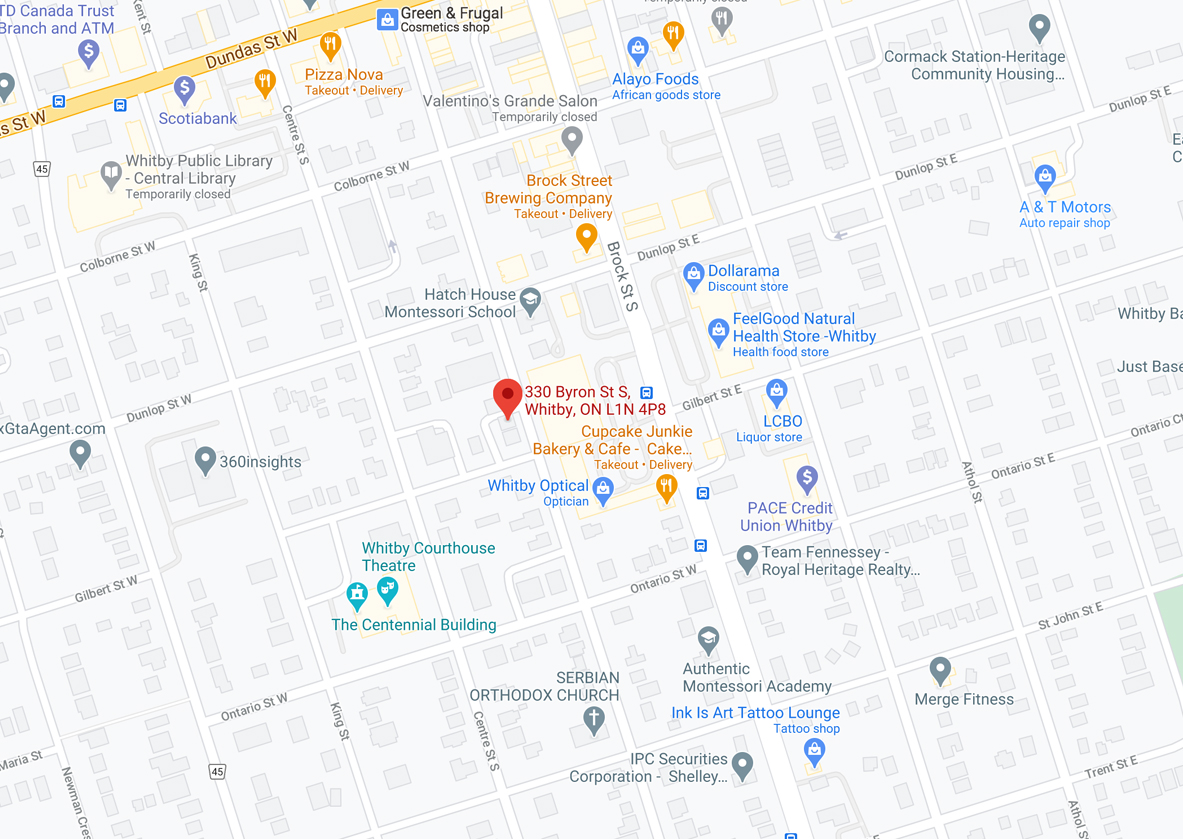1 (905) 666-1161 | Contact Us
Frequently Asked Questions
WHAT IS A SEPARATION AGREEMENT?
A Separation Agreement is a document by which a couple resolves all outstanding issues pertaining to their relationship. Those issues include a division of their property, spousal support, child custody and child support. It also includes clauses dealing with whether or not either party may have the right to share in the Estate of the other party upon their death. A Separation Agreement is a very important document. It has the same force and effect as a court order, provided that each party has received independent legal advice, made full disclosure of all of their assets and debts, that the agreement was not made under duress, threat or compulsion by any party, and that the agreement has been duly executed and witnessed.
WHEN AM I LEGALLY SEPARATED?
A couple is legally separated on the day that they no longer live with each other as man and wife. A couple may be legally separated when they are still living under the same roof. This situation is common when either the husband or wife removes themselves from their commonly used bedroom and lives and sleeps in another part of the house. The date that a couple separates is very important for the purpose of dividing their property. Under the Family Law Act of Ontario, the date used for valuation of the property, for the purpose of division, is the date that the parties no longer lived together. Should either the husband or the wife accumulate assets or debts after the date they separate, in most cases, these assets and debts will not be included in the division of property, unless that property was jointly owned by the husband and wife.
AS A COMMON-LAW SPOUSE, DO I HAVE AN ABSOLUTE RIGHT TO A DIVISION OF PROPERTY?
Persons who are not married do not have an absolute right to make a claim to divide their spouse's property upon separation. The Family Law Act of Ontario provides that only married couples may apply to divide their property. Persons in a common-law relationship, of a duration of over three years, or where a child has been born from that relationship, may be entitled to spousal support. A lawyer would review the couple's relationship on a case by case basis, to determine if a property claim is justified. A lawyer would also advise you regarding your support obligations or entitlement. The above information is of a general nature and is not intended to provide legal opinions. Readers should seek professional legal advice on the particular issues which concern them. We would be pleased to elaborate on any information contained above and how it may apply to your specific circumstances.
WHAT IS A COLLABORATIVE TEAM?
A Collaborative team is the combination of professionals you choose to work with you to resolve issues. If issues are strictly legal, it might simply be you and your Collaborative lawyers. But separation and divorce often involve challenging financial, emotional, or child-related issues. In addition to your lawyers, you may want the support of other Collaborative professionals:
• A neutral child specialist can provide insight into concerns of the children and help craft parenting plans.
• A neutral financial specialist can help gather and explain financial information and create future projections for settlement options.
• A Family professional can help you and your partner improve communication and manage conflict.
WHAT IS THE DIFFERENCE BETWEEN COLLABORATIVE PRACTICE AND A CONVENTIONAL SEPARATION OR DIVORCE PROCESS?
A conventional separation or divorce process is based on adversarial principles. Parties choose to use, or often threaten to use, the court system and judges to resolve their dispute. Couples working within an adversarial framework often come to view each other as adversaries, and separation and divorce as a battleground. The resulting conflicts can take an immense toll on emotions – especially your children’s.
Collaborative Practice is by definition a non-adversarial approach. Your lawyers pledge in writing not to go to court. They negotiate in good faith, and work together with you to achieve mutual settlement outside the courts. Collaborative Practice is designed to ease the emotional strains of a break-up and protect the well-being of children.
Contact Us
Brian S. Korb
Barrister and Solicitor
330 Byron Street South, Main Floor
Whitby, Ontario L1N 4P8
Telephone: 905-666-1161
Facsimile: 905-430-8373
Email Brian: brian@briankorblaw.com
Email Laura: laura@briankorblaw.com

